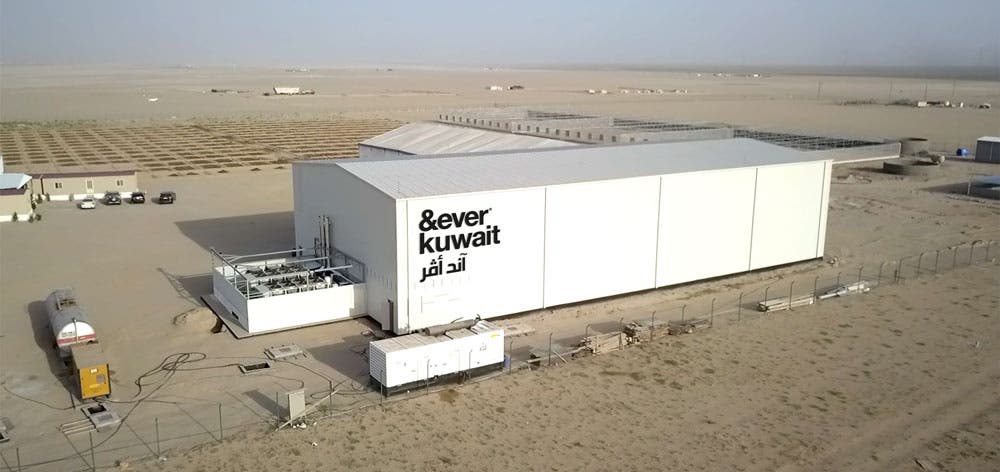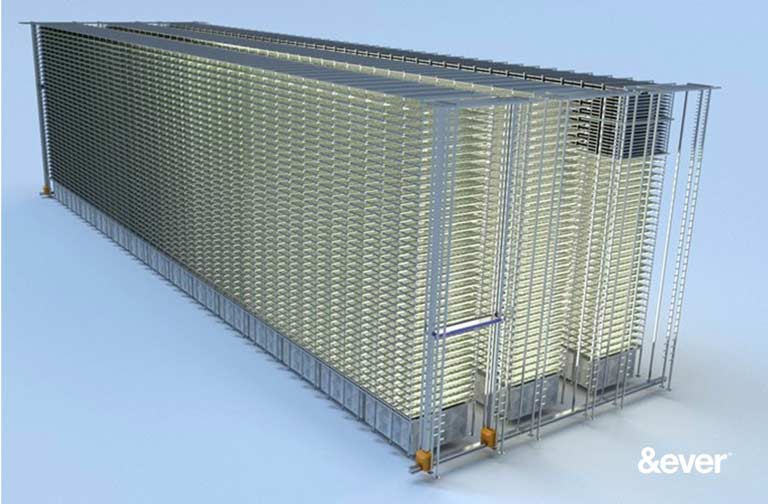The German company & ever is building a huge vertical farm in Singapore
At the end of last year we already reported on vertical farms that could complement tomorrow’s agriculture. Production in Denmark’s largest vertical farm in the EU will start in 2021, and processes have been largely automated. German companies also see potential in the construction method and offer their services worldwide. So too & ever.
& ever gained experience in this area as early as 2020 when the company’s first fully functional farm opened in Kuwait. In contrast to traditional agriculture, up to 95 percent less water is required for the operation and that on a significantly smaller area. Singapore now wants to take advantage of the latter and has commissioned & ever for a huge project.
A new vertical farm is to be built in the city that will produce up to 1.5 tons of green vegetables by the end of 2021. Singapore is by no means an easy market to master. Electricity is comparatively expensive and vegetables are usually imported cheaply from other countries. The current coronavirus pandemic has shown how quickly delivery bottlenecks can occur, one reason why the government wants to have more products produced locally.
The new solution should have the least possible impact on the climate and at the same time make a contribution to food safety. In order to achieve this, the energy required for the new type of farm should come from its own solar systems, if possible, and LED lamps should be used in the interior.
In terms of price, products from the & ever farms should be as competitive as possible. Henner Schwarz, CEO of the company, announced that the price should be as high as that of premium organic products. Greater efficiency and possible public subsidies could accelerate mass market adoption.
Own opinion:
The example again shows that vertical farms will no longer have to be a niche product in the future. Although the proportion of the total amount of fruit and vegetables is still quite small, due to the comparatively high efficiency and low water requirement, a vertical farm can produce (almost) anywhere and, in my opinion, will provide an important pillar of agriculture in the future. An exciting topic to watch.
via CNBC




